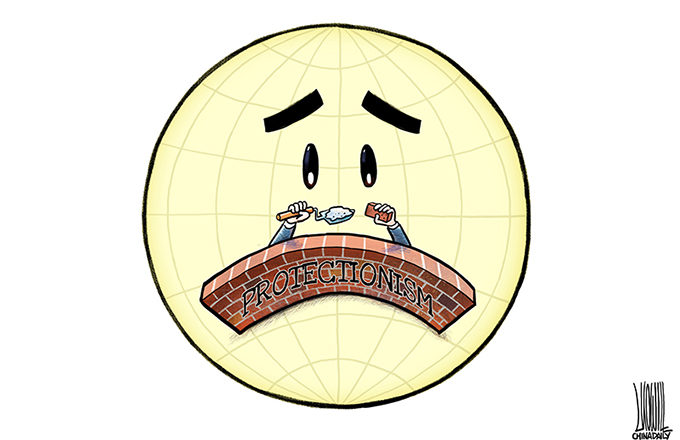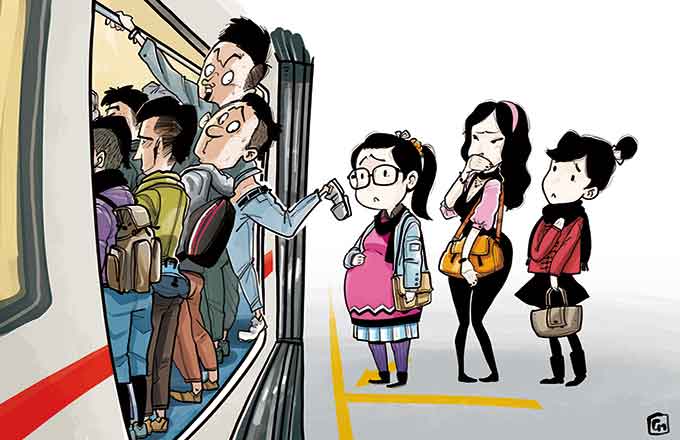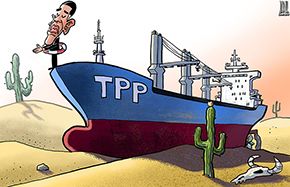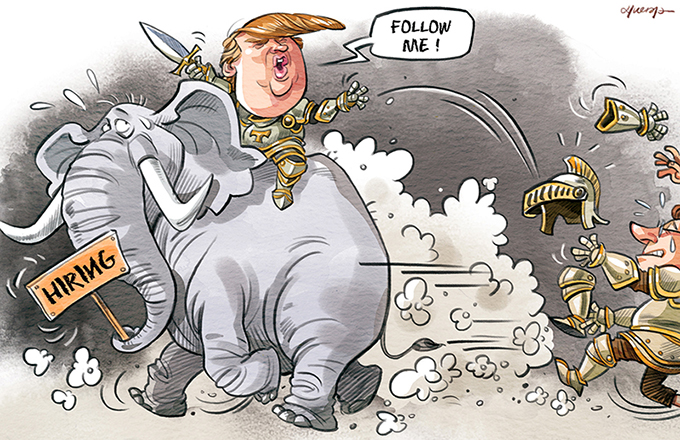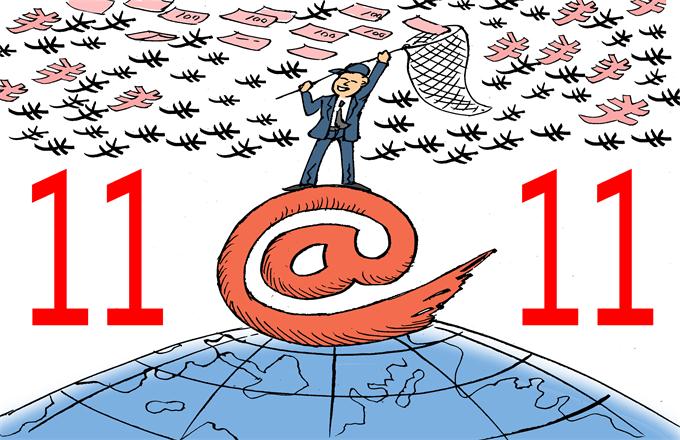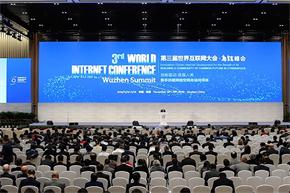Environmental protection a legal obligation for local govts
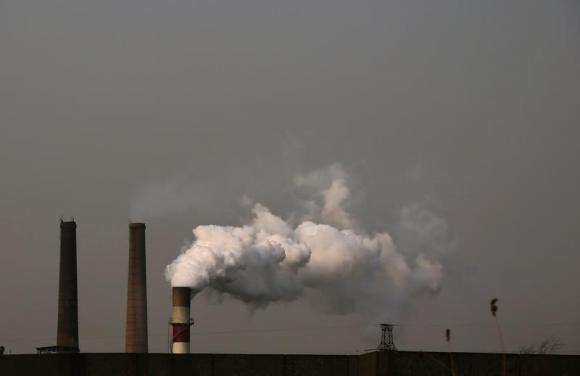 |
|
Smoke rises from a chimneys of a steel mill on a hazy day in Fengnan district of Tangshan, Hebei province February 18, 2014.[Photo/Agencies] |
The local government in Leping, East China's Jiangxi province, has more than once used public money to cover the charges for disposing of pollutants, which according to the law should have been paid by 36 local enterprises. Beijing News commented on Saturday:
It is laudable that more local governments are stepping up their anti-pollution efforts, but that is not enough if there are some local officials who place their "political legacies" before public health.
Charging polluting enterprises is about both punishing the polluters and sponsoring pollution-alleviation efforts. It is also intended to prompt polluting enterprises to clean up their operations, as without this legal push, enterprises would feel little motivation to curb or treat the pollution they produce.
It is shameful that the Leping government squandered over 10 million yuan ($1.5 million) of public money, instead of holding these polluting enterprises accountable. That, to some extent, has indulged even encouraged these enterprises to pollute.
Given an official endorsement, local enterprises are less likely to abide by the country's strict new law on environmental protection.
Besides, how the Leping government managed to appropriate a large amount of public funds for this purpose must be unveiled. According to the regulations on charging polluters, the collected fees should be included in a local government's accounts and the charges collected deposited in a separate fund for environmental protection.
What the Leping government has done goes against the country's environmental protection law and deserves due punishment too.
Following the implementation of the new environmental protection law, responsible officials now face tougher penalties ranging from downgrading to expulsion. But the bitter truth is only a limited number of them have been held accountable in the past two years.




